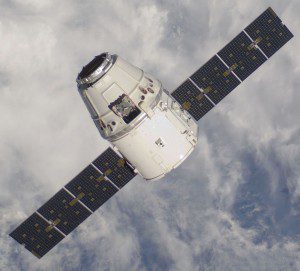 NASA announced Tuesday, the award of two contracts to Boeing and SpaceX to transport astronauts to and from the International Space Station.
NASA announced Tuesday, the award of two contracts to Boeing and SpaceX to transport astronauts to and from the International Space Station.
Currently, the U.S. relies on Russia to transport astronauts into space. But NASA said, with the new contracts, its goal is the end the reliance on Russia by 2017.
“From day one, the Obama Administration made clear that the greatest nation on Earth should not be dependent on other nations to get into space,” NASA Administrator Charlie Bolden said Tuesday at the agency’s Kennedy Space Center in Florida. “…Today we are one step closer to launching our astronauts from U.S. soil on American spacecraft and ending the nation’s sole reliance on Russia by 2017. Turning over low-Earth orbit transportation to private industry will also allow NASA to focus on an even more ambitious mission – sending humans to Mars.”
The size of the Boeing Company contract is $4.2 billion and SpaceX is $2.6 billion.
The Boeing Company is developing the CST-100 spacecraft in the Orbiter Processing Facility (OPF-3) at Kennedy Space Center. The CST-100 will launch with United Launch Alliance’s Atlas V rocket.
SpaceX continues to advance the Dragon V2 spacecraft, a more advanced version of the cargo-carrying spacecraft used to transport supplies to the ISS. SpaceX will launch Dragon V2 aboard their Falcon 9 rocket.
“We’re headed back to space and away from any reliance on the Russians,” said U.S. Sen. Bill Nelson (D-FL). “The first Orion test flight getting NASA back into the business of deep space exploration will be launching in December. …And by 2017 we’ll be launching American astronauts again from the Kennedy Space Center. During all this, Boeing alone will be adding some 550 jobs to Florida’s Space Coast.”
Today’s announcement of the contract awards to Boeing and SpaceX is part of NASA’s Commercial Crew Program which identifies private sector companies to provide safe, cost-effective and reliable access to and from the International Space Station and low Earth orbit. A second phase of the Program will entail certification by NASA for safety and reliability for NASA astronauts.


